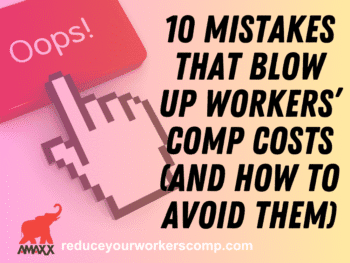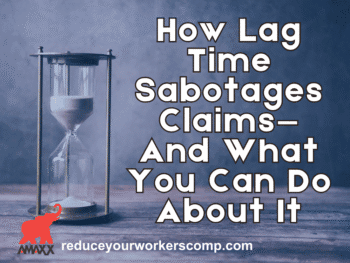Employers can be held liable for discriminatory conduct even if the individual responsible for the decision was not discriminatory but relied to a degree on those who were, the U.S. Supreme Court ruled recently, according to www.BusinessInsurance.com
The courts unanimous ruling in Vincent E. Staub vs. Proctor Hospital backs what is known as the “cats paw” theory of liability. (WCxKit)
According to the opinion, Mr. Staub, an angiography technician at Proctor Hospital in Peoria, Ill., was part of the U.S. Army Reserve, which mandated he attend drills one weekend a month and train on a full-time basis two to three weeks yearly.
Business Insurance reported a pair of supervisors was allegedly hostile to Staubs military obligations, and one allegedly made a false complaint to the hospitals VP of human resources, who partially relied on that information to fire Staub in 2004.
Staub sued the hospital through the Uniformed Services Employment and Re-Employment Rights Act of 1994, alleging his firing was motivated by hostile intent toward his military obligations. A jury deemed that military status was a motivating factor in Staubs discharge and awarded him $57,640 in damages.
In a turn of events, the 7th U.S. Circuit Court of Appeals in Chicago threw out the case, claiming that a cats paw case “could not succeed unless the no decision-maker exercised such ‘singular influence' over the decision-maker that the decision to terminate was the product of ‘blind reliance,' which was not the case involving this matter.
“Because the undisputed evidence established that (the HR VP) was not wholly depending on the advice of (the supervisor), the court held that Proctor was entitled to judgment,” the 7th Circuit ruled.
However, the Supreme Court overturned the appeals court. Proctor “contends that the employer is not liable unless the de facto decision-maker…is motivated by discriminatory animus,” the high court stated.
“If a supervisor performs an act motivated by anti-military animus that is intended by the supervisor to cause an adverse employment action, and if that act is a proximate cause of the ultimate employment action, then the employer is liable under USERRA,” the Supreme Court ruled.
The court ruled 8-0 in favor of overturning the 7th Circuit opinion, with Justices Samuel Alito Jr. and Clarence Thomas backing a concurring opinion, and Justice Elena Kagan not taking part in the decision. (WCxKit)
The high court remanded the case to the 7th Circuit with instructions to determine whether to reinstate the jury verdict or to seek another trial.
Author Robert Elliott, executive vice president, Amaxx Risks Solutions, Inc. has worked successfully for 20 years with many industries to reduce Workers Compensation costs, including airlines, healthcare, printing/publishing, pharmaceuticals, retail, hospitality and manufacturing. See www.LowerWC.com for more information. Contact:Info@ReduceYourWorkersComp.com or 860-553-6604.
WC IQ TEST: http://www.workerscompkit.com/intro/
WORK COMP CALCULATOR: http://www.LowerWC.com/calculator.php
SUBSCRIBE: Workers Comp Resource Center Newsletter
Do not use this information without independent verification. All state laws vary. You should consult with your insurance broker or agent about workers comp issues.
©2011 Amaxx Risk Solutions, Inc. All rights reserved under International Copyright Law. If you would like permission to reprint this material, contact Info@ReduceYourWorkersComp.com
























